Aaron Swartz: A Digital Visionary
In the fast-paced landscape of our digital age, where innovation often outpaces reflection, we pause and revisit the life and legacy of Aaron Swartz. As we delve into the story of this prodigious technologist, entrepreneur, and activist, we are confronted not only with the brilliance of his mind but also with the profound questions he raised about information access, digital rights, and the role of activism in shaping the future of the internet.

Table of Contents
The Early Brilliance of Aaron Swartz
Aaron Swartz was a child of the internet, a prodigy whose brilliance manifested at a young age. From co-founding Reddit to contributing significantly to the development of RSS, Swartz’s fingerprints are all over the foundational elements of the digital world we inhabit today. His story is not just one of technical prowess but of a relentless pursuit of making information accessible to all.
Champion of Open Access
Swartz’s commitment to open access is a central theme in understanding his legacy. His activism was prominently showcased in his attempt to liberate academic articles from the restrictive paywalls of JSTOR. This audacious move wasn’t merely about subverting a system; it was a bold declaration that knowledge, especially knowledge generated within academic institutions, should be a public good, not a commodity for the privileged few.
The numbers underline the urgency of Swartz’s cause. The rising costs of academic journal subscriptions have led to a situation where institutions, even well-funded ones, are struggling to keep up. A 2019 report by the University of California system revealed that they were paying nearly $50 million annually for access to academic journals. Swartz’s activism, though radical in execution, pointed to a systemic issue that required attention.
The Tragedy of Legal Persecution
Swartz’s life took a tragic turn when he faced federal charges for his attempt to liberate academic articles. The aggressive prosecution he faced laid bare the harsh realities of how the legal system deals with those challenging established norms, especially in the digital realm. The potential penalties he faced, including decades in prison and millions in fines, were disproportionate to the nature of his actions.
Swartz’s tragic death in 2013, a suicide amid legal battles, serves as a stark reminder of the human toll exacted by an often unforgiving legal system. The emotional weight of his story lingers, a haunting backdrop to the larger questions about justice, activism, and the ethical considerations of our digital society.
Digital Activism in the Modern Age
In the aftermath of Aaron Swartz’s passing, the landscape of digital activism has evolved, but the challenges persist. Whistleblowers like Edward Snowden and Chelsea Manning have continued to raise questions about government surveillance and the ethical use of information. The fight for net neutrality, privacy rights, and against online censorship are ongoing battles that echo the spirit of Swartz’s activism.
In the current era, where the power dynamics of the digital space are increasingly controlled by a handful of tech giants, the need for activists like Swartz is as pressing as ever. The struggle for a free and open internet, where information is not weaponized but serves the greater good, requires a new generation of advocates willing to challenge the status quo.

Preserving Swartz’s Legacy
Preserving Aaron Swartz’s legacy involves more than commemorating his technical achievements; it requires a commitment to the principles he fought for. Open access to information, digital rights, and the protection of whistleblowers are not merely theoretical concepts but pillars upon which a just and equitable digital society can be built.
To honor Swartz’s legacy, institutions must reevaluate their approach to academic publishing. The exorbitant costs associated with journal subscriptions create barriers to knowledge that are antithetical to the mission of education. Investing in open-access initiatives and advocating for policies that prioritize the dissemination of knowledge over profit is a tangible way to carry forward Swartz’s vision.
Digital Literacy as a Countermeasure
Swartz’s life was a testament to the power of knowledge, but with that power comes the responsibility of understanding and navigating the digital landscape. Digital literacy is not a luxury but a necessity in the information age. As we navigate an era dominated by misinformation and the weaponization of information, education on how to critically evaluate and use digital resources is paramount.
Institutions, from schools to workplaces, must prioritize digital literacy programs. These programs should empower individuals to navigate the digital landscape responsibly, understand the implications of their online actions, and distinguish between credible and misleading information.
Governmental Policies and Protections
Swartz’s legal battles underscore the need for a reevaluation of how our legal system addresses digital activism. Excessive penalties and aggressive prosecutions do little to address the root causes of issues like information access and digital rights. Governments should actively engage with the digital rights community to develop policies that balance the need for security with the protection of individual rights.
The implementation of clearer and more ethical guidelines for digital activism cases, including whistleblower protections, is a crucial step. Swartz’s legacy should be a catalyst for reform, pushing policymakers to create a legal environment that fosters activism without unduly punishing those who seek to make positive contributions to society.
Legacy of Aaron Swartz
As we reflect on the life and legacy of Aaron Swartz, it’s evident that his impact extends far beyond the realm of technology. His story challenges us to confront uncomfortable truths about the digital world we’ve created and to actively participate in shaping its future.
Swartz’s legacy is not just a historical footnote but a living call to action. To truly honor him, we must carry forward the torch he lit – advocating for open access, fighting for digital rights, and championing a vision of the internet as a tool for empowerment rather than control. In a world where information is power, let us ensure that power is wielded responsibly, ethically, and for the betterment of all.
Browse 3800+ Books in Our PromisesBooks Bookshop
Discover more from PEN vs SWORD
Subscribe to get the latest posts sent to your email.








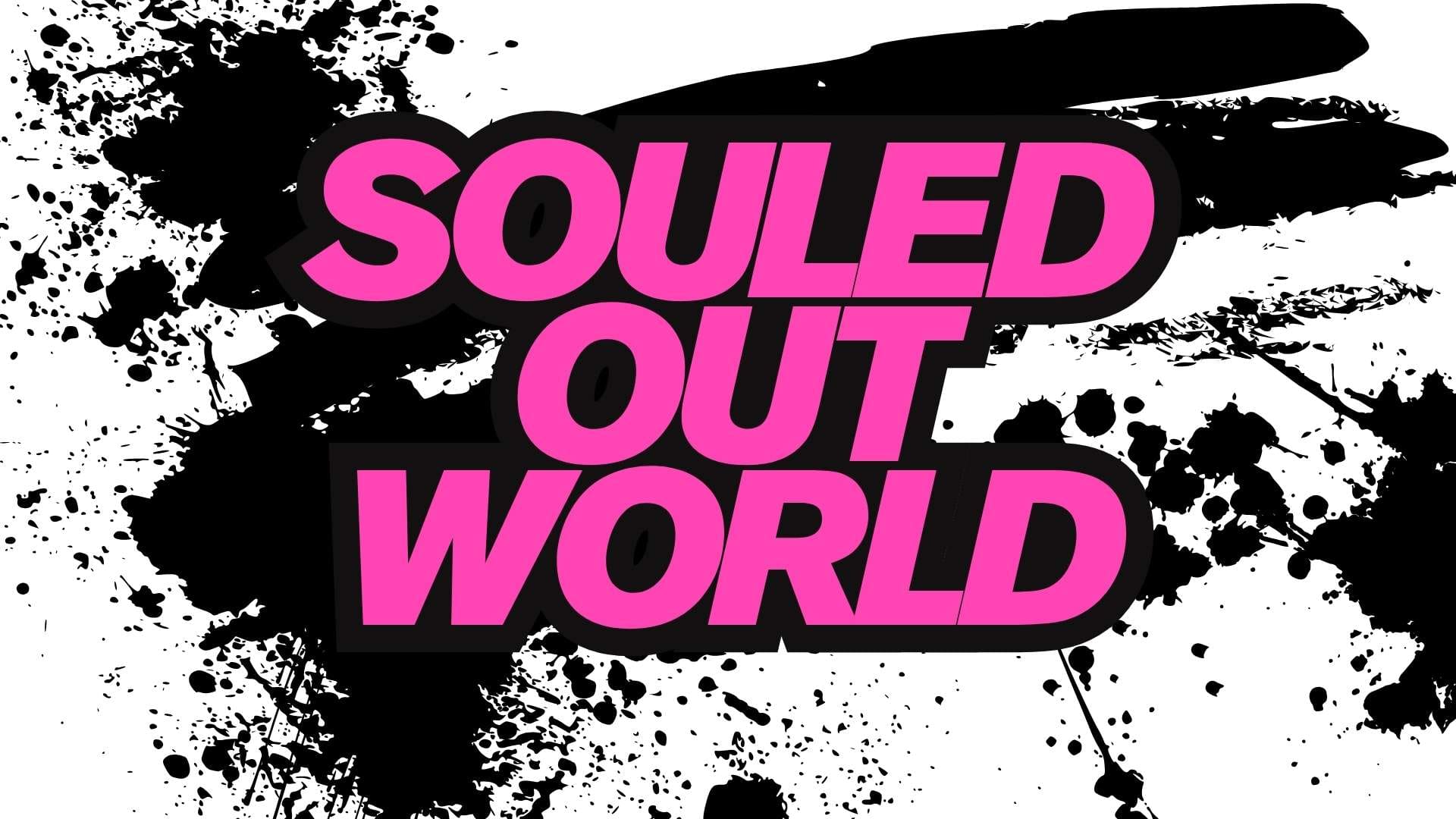


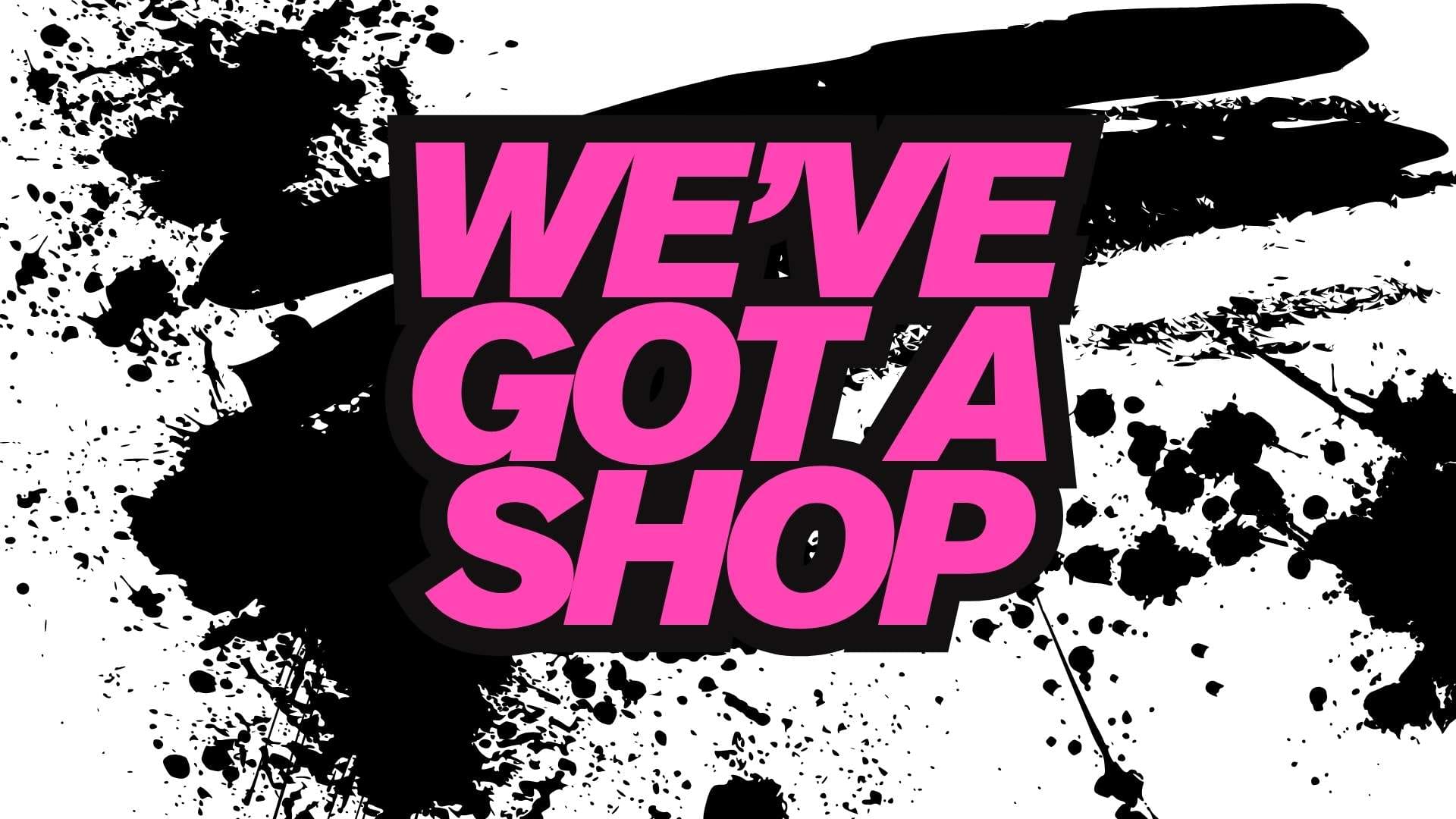


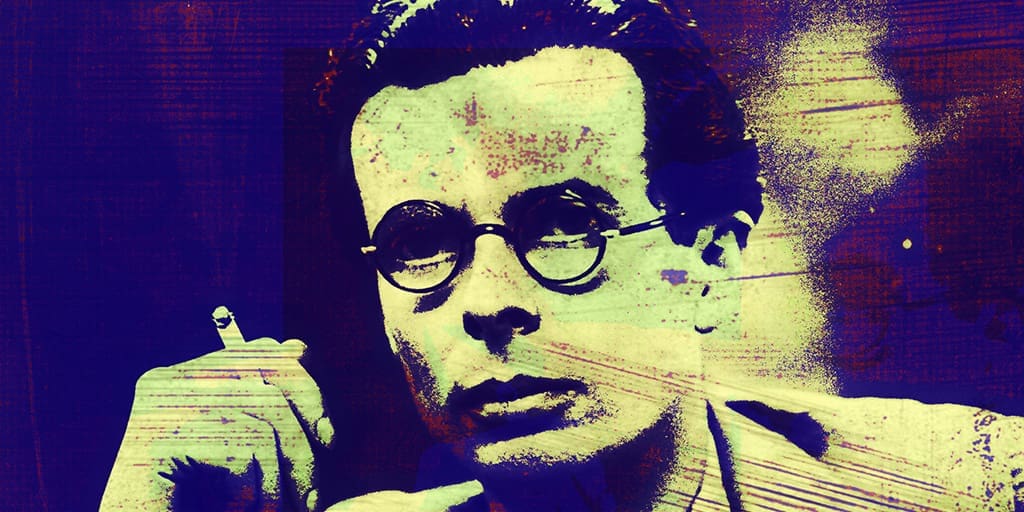

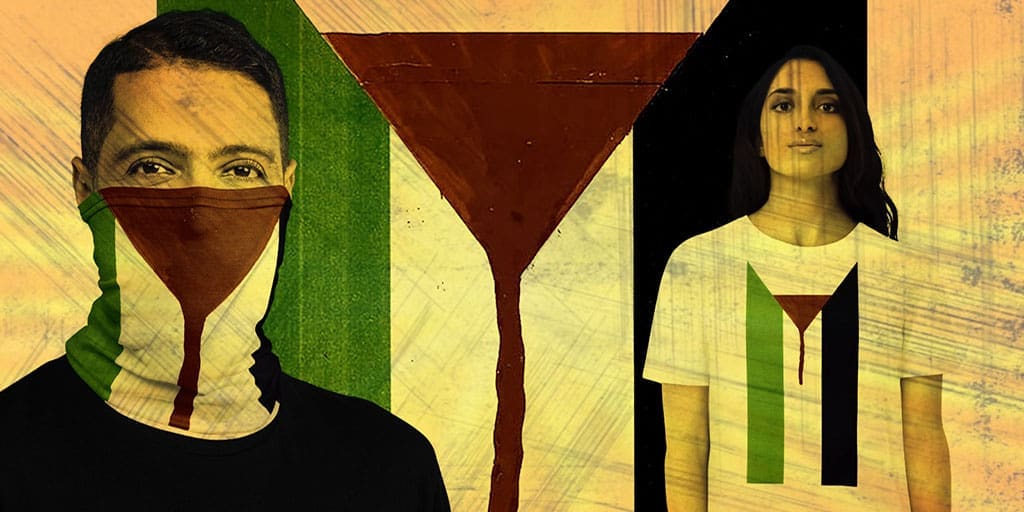
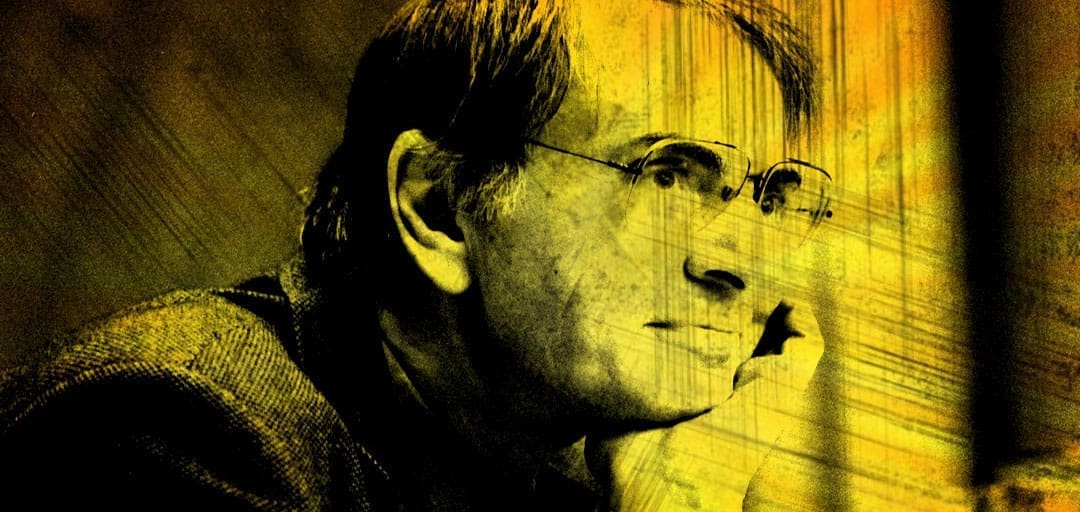
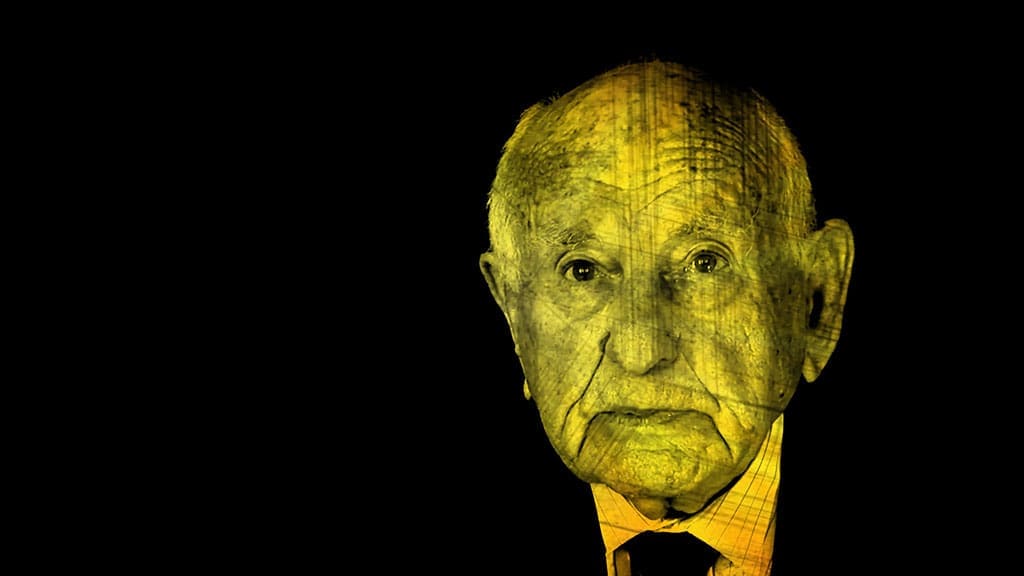
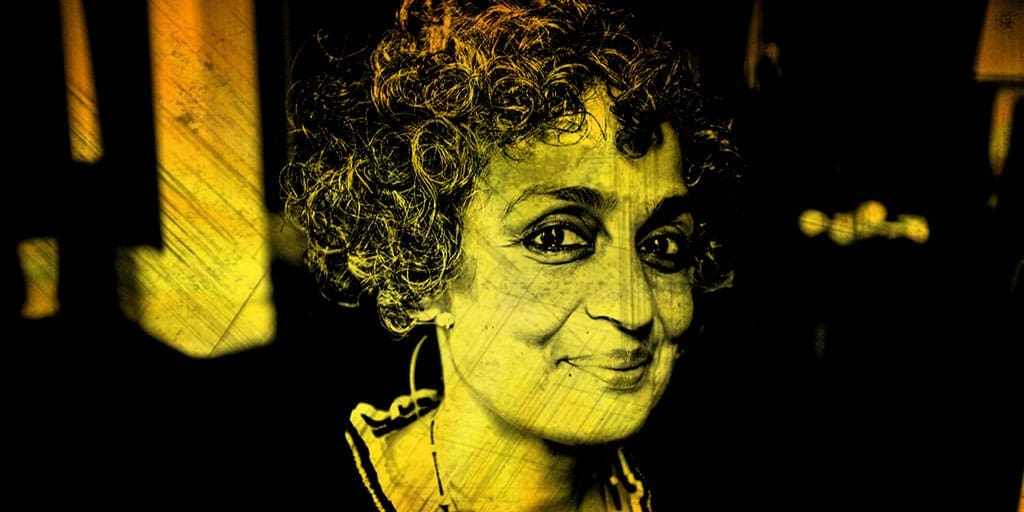
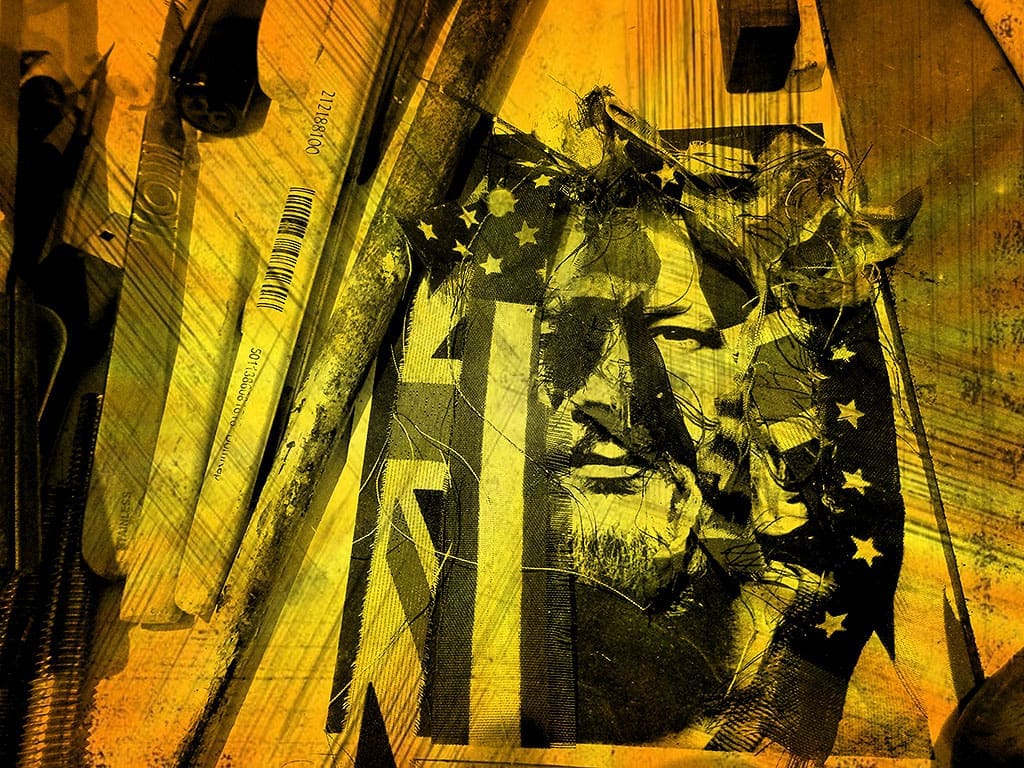
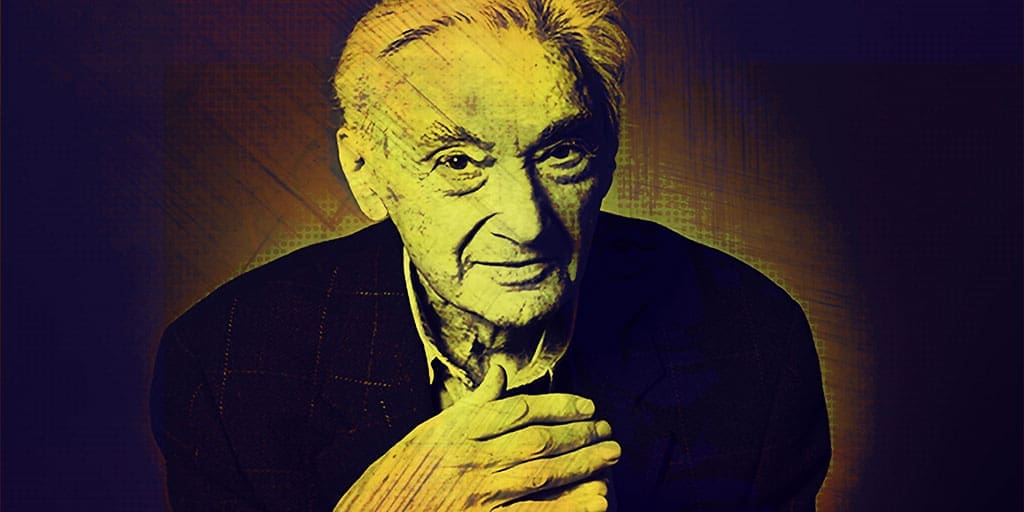






























What do you think?